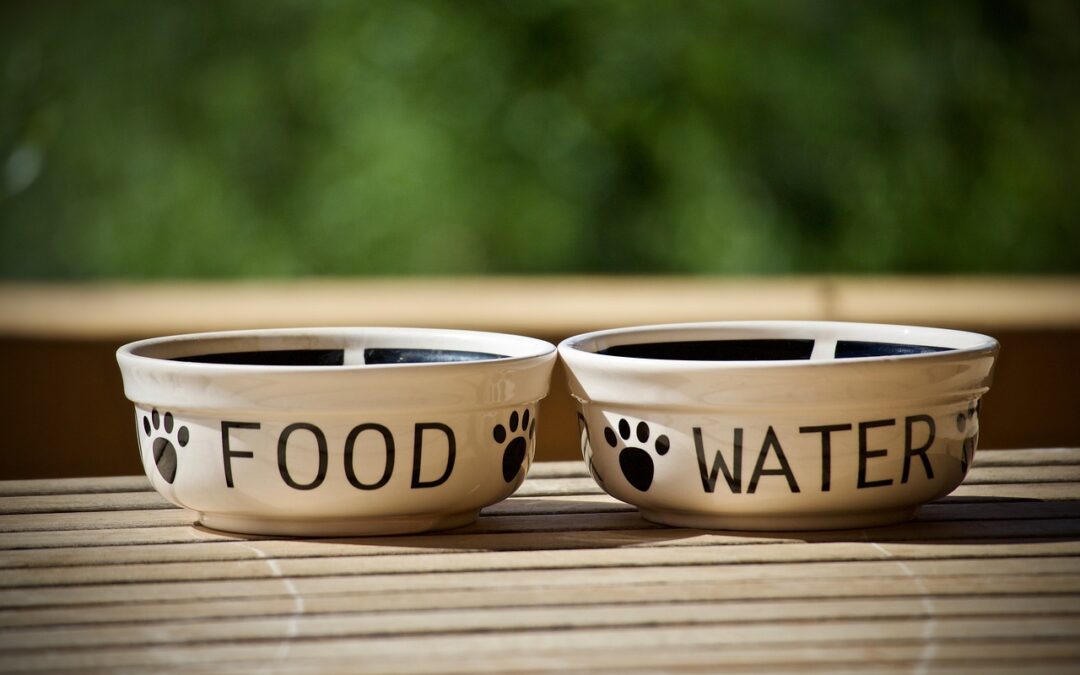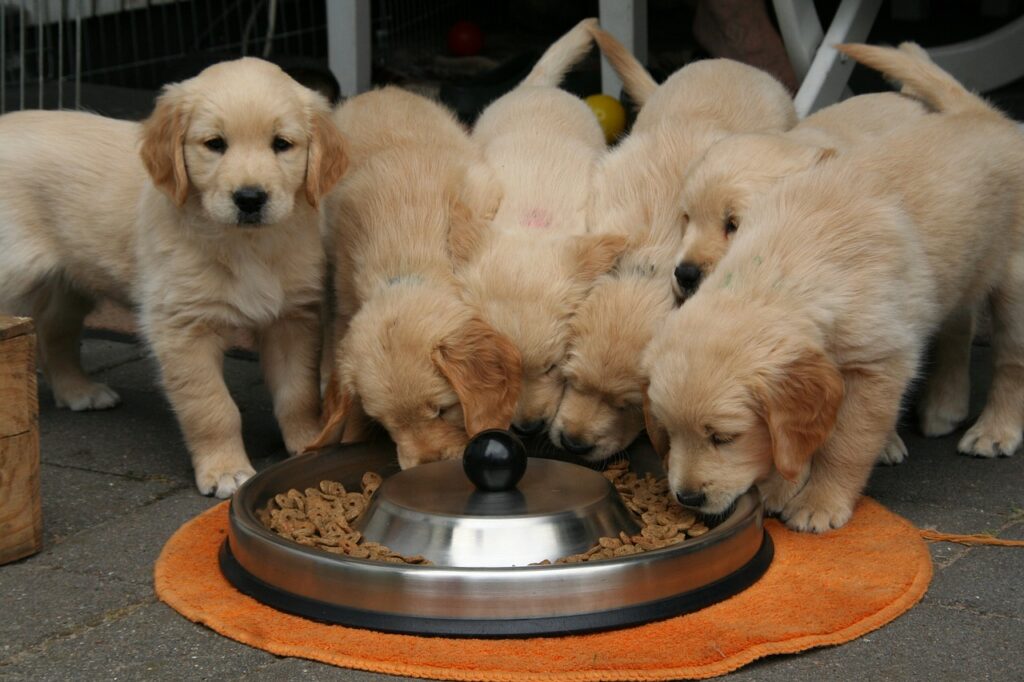While it is not uncommon to hear our fellow humans talk about cutting out entire food groups from our diet in the hope for weight loss, improved health or increased energy, a startling number of Australian dog owners have begun to employ the same methods when feeding their dogs.
Clever marketing tactics that touted unfounded health claims have seen the sales of grain-free dog foods skyrocket, causing major concerns for Vets and pets across the nation.
Since the dog food industry is not regulated in Australia, the Australian Veterinary Association is advocating for change to avoid unnecessary and avoidable health complaints due to inappropriate diet. While we do have a set of minimum standards developed by AAFCO, there are no independent, qualitative assessments to ensure what is available on our pet food shelves is truly balanced, fit for consumption, or meets the ‘minimal content’ standard. It seems anyone can put a sticker on their bag of dog food claiming to be ‘healthy’, and there is no-one there to stop them if the food is manufactured in Australia.
So, what should we look for in a truly healthy dog food?
Diets should, in the main, be based on good quality meat–based protein and quality fat sources to meet the needs of your pet, and the way they have developed from an evolutionary standpoint. Dogs are omnivores, meaning they would eat a diet of both meats and plants in the wild, this is why they have the big tearing K9 teeth, meat chewing pre-molar teeth and the grinding flat molars of a herbivore at the back of the mouth. A dog in the wild will eat the gut content of any prey (usually herbivores) first when they make a kill. The contents of said gut would typically contain grains and grasses in a partially digested or fermented state. A dog would then eat the organs, and then skeletal structures.
The ‘pre–digested’ products consumed from the prey animals’ digestive tract allow the carbs to be utilised by the dog as a ready source of energy and fibre. There are also vitamins made in the gut of the prey by the bacteria involved in digestion. Some of these elements cannot be made by the prey animal, so the digested gut content they consume is a vital source. Fibre allows for the sensation of fullness and to hold water into the bowels to reduce the risk of constipation. Dogs cannot process wholegrains as they do not have cellulose digestion enzymes in their bodies.
When creating a grain-free diet, essential fibres are removed from the daily intake of your pet and replaced with legumes like chickpeas and lentils. The issue seems to stem from the use of pea and lupin fibres interfering in the availability of taurine, an organic compound that is passed on through animal tissue. This is an essential nutrient in the health of all muscle but especially cardiac muscle, and meat provides methionine which is eventually converted to Taurine in your dog.
Taurine is essential for:
- Neurological development, including supporting the central nervous system and eyes.
- Regulates level of water and minerals in the blood
- Antioxidant properties
- Regulating immune system
- Forming bile salts (important part of digestion)
- Prevent muscle degeneration
- Strengthen the heart muscle
- Prevent arrhythmias
Dilated Cardiomyopathy, or DCM, is the term we use when referring to the weakening of a dogs’ heart muscles, and when the chambers inside the dog’s heart begin to grow. The result of DCM is that the dogs’ heart can no longer pump and contract to move blood properly, and the sad result is usually the heart will.
DCM can be genetic with certain breeds predisposed, however there is an emerging trend with it now being seen in non-predisposed breeds on a grain-free diet; we only know that the information provided to date shows significant correlation between diets containing grain substitutes (peas, lupins, potatoes) and DCM. Diagnosis of DCM requires ultra-sound, and this is quite expensive, so diagnosis is somewhat difficult. An enlarged heart shadow on x-rays combined with symptoms may be suggestive.
As vets, we aim to maintain and improve the health of animals. Anything that compromises that needs to be addressed. The number of boutique manufacturers that are out there these days developing and selling diets “based on” other manufacturers diets with no over- seeing body is of concern. Quality and consistency of ingredients, processing variations, etc and the lack of auditing is of significant concern. Large manufacturers have not escaped the contamination issues either with one big producer having protein substitution issues and salmonella scares resulting in changes to the importation requirement of pet foods brought into Australia.
At Direct Vet Services, we strive to educate our clients on the risks with the information that we have so that they can make the best decisions for themselves and their pets. We do not stock any grain-free food options, although if a pet had a specific intolerance to a particular grain, we can assist in managing the diet accordingly.
What can you do as a pet owner to ensure your dog is being provided a well-balanced, healthy diet?
- Talk to your vet about the brands they use for their pets and what they recommend for your pets’ dietary requirements based on breed, age and size and health.
- Read the labels of any dog food you are considering purchasing – even if they say they are ‘balanced’ or ‘healthy’ on the front, remember there is no governing body to ensure that this is a true statement.
- Remember that marketing is a powerful medium. Don’t always take the word of advertising campaigns on what is best for your pet, do your research.
- Human diets are not suitable for your pets. Any fad or regime that you engage in that remove’s whole food groups from your diet is not suitable for your dog.
- Purchase good quality food to ensure you know exactly what you are feeding your beloved pet.
- If you are dead set on making your own food talk to a veterinary nutritionist, there is a fabulous team at Massey University in New Zealand that we can put you in touch with.
Well fed is well lived and well loved!
If you have any questions about your dog’s current dietary requirements, we urge you to give us a call on 03 9369 1822 or book an appointment at Direct Vet Services.



